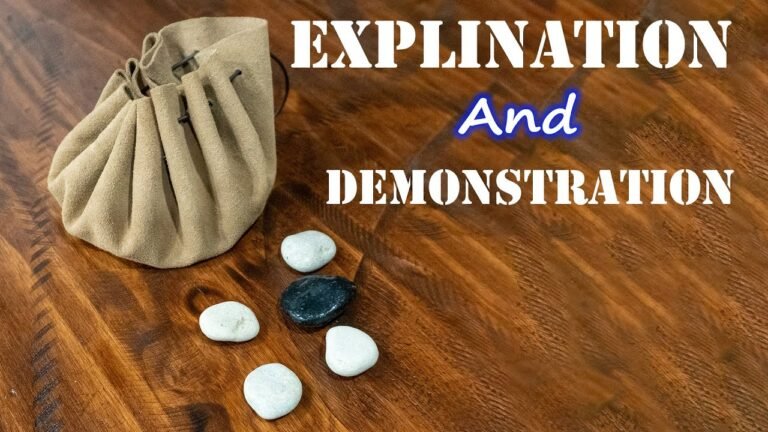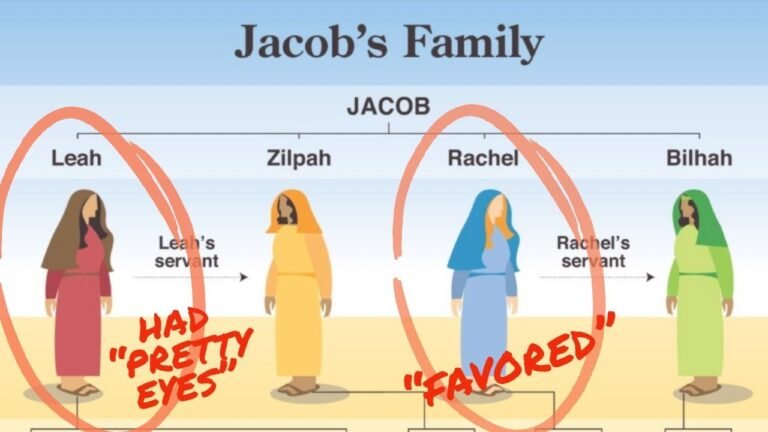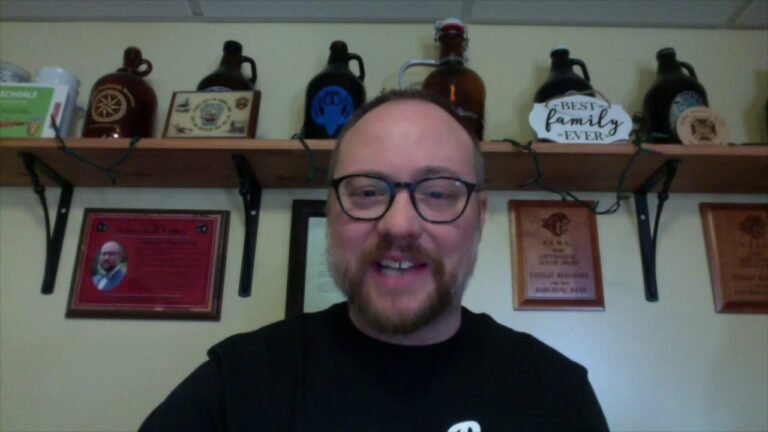The Ancient Practice of Casting Lots: Understanding Its Significance
In ancient times, the practice of casting lots served as a powerful decision-making tool, steeped in tradition and mystery. This age-old method, often employed to discern fate or divine will, has transcended cultures and eras, from biblical narratives to modern-day applications. As societies evolved, the significance of casting lots transformed, reflecting both the randomness of chance and the belief in a higher guidance. Today, we explore the fascinating history and enduring relevance of this ritual, uncovering how it shapes our understanding of choice and destiny in an unpredictable world.
What is the reason we no longer cast lots?
Casting lots was historically a method used to discern God’s will, and while it is mentioned in the Bible without condemnation, it has become obsolete in contemporary practice. Today, believers are assured that they do not need to rely on chance to understand divine direction; instead, they are guided by the Holy Spirit. This shift emphasizes a more personal and direct relationship with God, making the ancient practice unnecessary as individuals seek clarity and purpose through prayer and spiritual insight.
How was the casting of lots performed during the time of Jesus?
In the days of Jesus, casting lots was a common method used to make decisions or allocate resources, often seen as a way to seek divine guidance. The practice could involve various objects, such as sticks of different lengths, flat stones resembling coins, or even primitive dice. While the exact materials used for casting lots in that era remain uncertain, the act itself was deeply rooted in tradition and held significant cultural importance.
The process of casting lots, akin to flipping a coin today, allowed individuals to leave important choices to chance, believing that the outcome reflected divine will. This method was often employed in biblical narratives, underscoring the weight of the decisions being made and highlighting a reliance on faith in uncertain times. Such practices were not only practical but also served to unify communities in their shared beliefs and values.
In exploring the origins of altars in the Bible, we find that they served as vital places of worship and sacrifice. The first altar is attributed to Noah, who built it after the flood, signifying a new beginning and a covenant with God. This act of worship laid the foundation for future altars, which would become central to the rituals and religious practices throughout biblical history, further connecting the themes of faith and divine guidance that were prevalent in Jesus’ time.
What is the meaning of casting lots for Jesus’ clothes?
The act of casting lots for Jesus’ clothes, as described in Matthew 27:35, illustrates a profound moment during the crucifixion. After nailing Jesus to the cross, the soldiers divided His garments among themselves, treating His clothing as more valuable than the life they had just taken. This decision highlights a stark contrast between the humanity of Jesus and the indifference of those executing Him.
This moment serves as a poignant commentary on the nature of value and worth. The soldiers’ choice to gamble for Jesus’ possessions reveals their lack of respect for Him, emphasizing how they prioritized material goods over the significance of the man they were crucifying. It reflects a broader theme of how society often overlooks the true value of individuals in favor of superficial gains.
Ultimately, casting lots for Jesus’ clothes symbolizes a tragic disconnect between recognition and disregard. In the face of such a monumental event, the soldiers’ actions remind us of the tendency to misplace our priorities, often valuing the tangible over the profound. This moment invites reflection on our own values and the ways in which we appraise what truly matters in life.
Unraveling Fate: The Historical Roots of Casting Lots
Throughout history, casting lots has served as a fascinating method for decision-making and divination, deeply rooted in various cultures and belief systems. Originating from ancient practices, this ritual not only offered a way to resolve disputes and allocate resources but also embodied a divine element, suggesting that fate itself intervened in human affairs. From the biblical accounts of Jonah and the Apostles to the practices of early civilizations in Mesopotamia and China, casting lots has been a tool for navigating uncertainty and reflecting societal values. As we explore its historical significance, we uncover how this seemingly simple act has shaped destinies and influenced the course of events across time, revealing the human desire to seek guidance beyond our own understanding.
Divine Decisions: The Spiritual Meaning Behind Lot Casting
Lot casting, an ancient practice with roots in various cultures, serves as a powerful tool for decision-making and guidance. This method, often associated with divine intervention, involves the casting of lots—be it stones, dice, or other objects—to seek clarity in uncertain situations. The randomness of this act highlights the belief that outcomes are not merely chance but are influenced by a higher power, inviting participants to surrender their will and trust in the spiritual forces at play.
In modern times, the act of lot casting continues to resonate with those seeking direction in their lives. It embodies a moment of introspection, allowing individuals to reflect on their choices while embracing the unknown. By engaging in this practice, one can foster a deeper connection with their spiritual beliefs, recognizing that sometimes, the most profound insights arise from letting go and allowing the universe to guide the way.
Chance or Choice? Exploring the Ritual’s Impact on Society
Throughout history, rituals have played a pivotal role in shaping societal norms and values, often blurring the lines between chance and choice. These ceremonial practices, whether religious, cultural, or social, provide a framework within which communities can express their beliefs and forge connections. By participating in rituals, individuals often experience a sense of belonging and identity, reinforcing shared values and traditions that transcend generations. In this way, rituals act as a powerful catalyst for social cohesion, influencing how people perceive their roles within the community.
However, the impact of rituals extends beyond mere tradition; they also serve as a lens through which individuals navigate the complexities of life. In times of uncertainty, rituals offer a sense of control and predictability, allowing people to make choices that resonate with their inner values while simultaneously embracing the serendipity of human experience. This interplay between chance and choice highlights the intricate dance of fate and free will, revealing how rituals can empower individuals to shape their destinies while remaining anchored in the collective memory of their society.
From Tradition to Truth: The Enduring Legacy of Lot Casting
Lot casting, a practice steeped in history, has long served as a bridge between the spiritual and the practical. From ancient civilizations to modern communities, this method of decision-making embodies a unique blend of chance and divine guidance. By casting lots, individuals and groups have sought to navigate the uncertainties of life, often invoking a sense of fairness and impartiality in their choices. This timeless ritual reflects humanity’s quest for meaning and clarity in an unpredictable world.
As societies evolved, the significance of lot casting transformed, adapting to the values and beliefs of each era. While its original purpose may have been to seek divine intervention, contemporary interpretations often emphasize the importance of collective decision-making. Whether used in religious contexts, such as selecting leaders or determining fates, or in everyday scenarios like game nights and team-building exercises, lot casting remains a relevant tool that fosters unity and transparency among participants, allowing them to share in the outcome equally.
Today, the legacy of lot casting endures as a testament to our enduring relationship with fate and chance. It invites us to reflect on the balance between control and surrender in our lives, encouraging a sense of community in decision-making processes. As we navigate a world increasingly dominated by technology and data, the simplicity and authenticity of lot casting serve as a reminder that sometimes, the most profound truths emerge when we embrace uncertainty together.
The practice of casting lots, steeped in tradition and rich with symbolism, continues to captivate and inform our understanding of decision-making and fate. Whether in ancient rituals or modern applications, this time-honored method invites us to reflect on the interplay between chance and choice. Embracing the uncertainty of life, casting lots serves as a reminder that sometimes, the most profound outcomes emerge from letting go and allowing fate to take its course.







